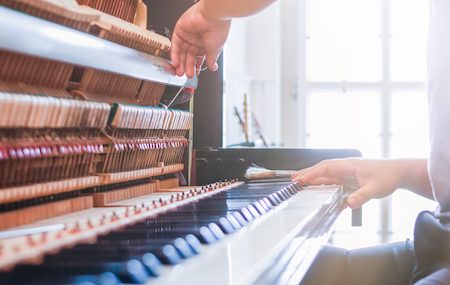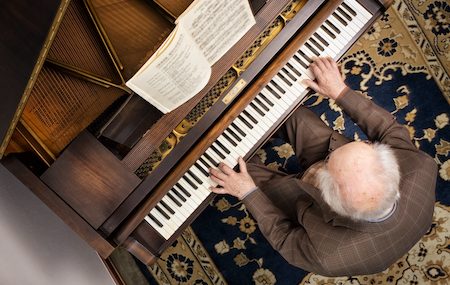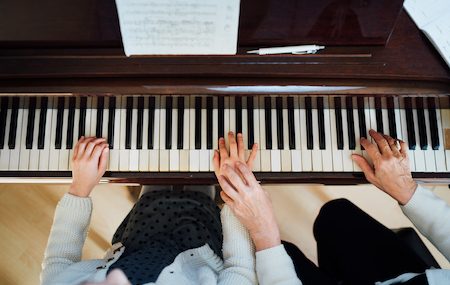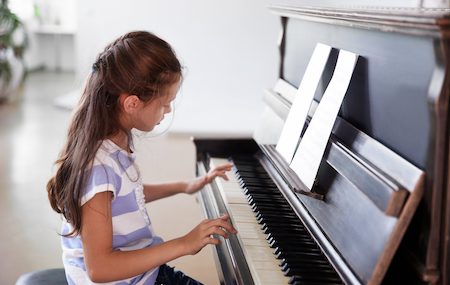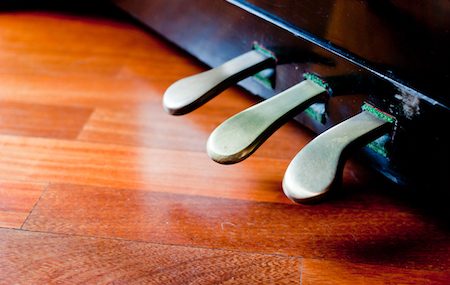When are you too old to learn the piano? Is age ever a factor? Many adults might feel they should hold back, and let children have all the fun making music.
While adults may learn differently than kids, it’s never too late to take up the piano. In fact, some evidence suggests you may have an easier time because you’re more committed to following through and getting to the end result you desire.
Need a few more benefits?
Better health
As we age, we focus more on doing what’s right for our bodies. We eat better. We pay attention to the amount of exercise we get. We do activities for brain health.
brain-than-just-listening in your 60s and beyond can boost your brain’s health as well as help decrease memory loss and cognitive function. One study found that people who learned to play the piano between ages 60 and 85 showed more robust gains in memory, verbal fluency, speed at which they processed information, planning ability, and other cognitive functions than those who hadn’t received lessons.
Think it’s too late? Think again.
More time, less failure
As we age, we tend to understand how to prioritize the things that are important to us. We have more time for the things we truly want in our lives. If you want to play the piano, dedicate the time it takes to practice. Carve out time you spend watching television or reading, and start to play instead.
Adults are also more aware of what it takes to move past failure. Their dreams shift. Priorities change. Instead of seeing yourself in a full time career, maybe your desire to play is to learn to play your favorite songs. You understand goal setting. You know what it takes to achieve results. You may also better understand how to set realistic goals, and what it takes for you to see the end result.
Life experience
When kids sit down to play a song, it may be the first time they’ve heard it. As adults, we have the advantage of a lifetime of learning. Want to play Elton John, Maroon 5, Bach or Beethoven? You’ve heard it before, and have a good understanding of how the rhythm goes.
That comes from a lifetime of experiences. You may never have sat down at a piano before, but you’ve been to enough concerts to understand how music works. You see how the various instruments work together to create a magical sound. You understand harmony and melody.
Maybe you’ve never played piano before, but that doesn’t mean you can’t start now.
There are many reasons why you’re never too old to learn the piano. The question is: Will now be your time?




